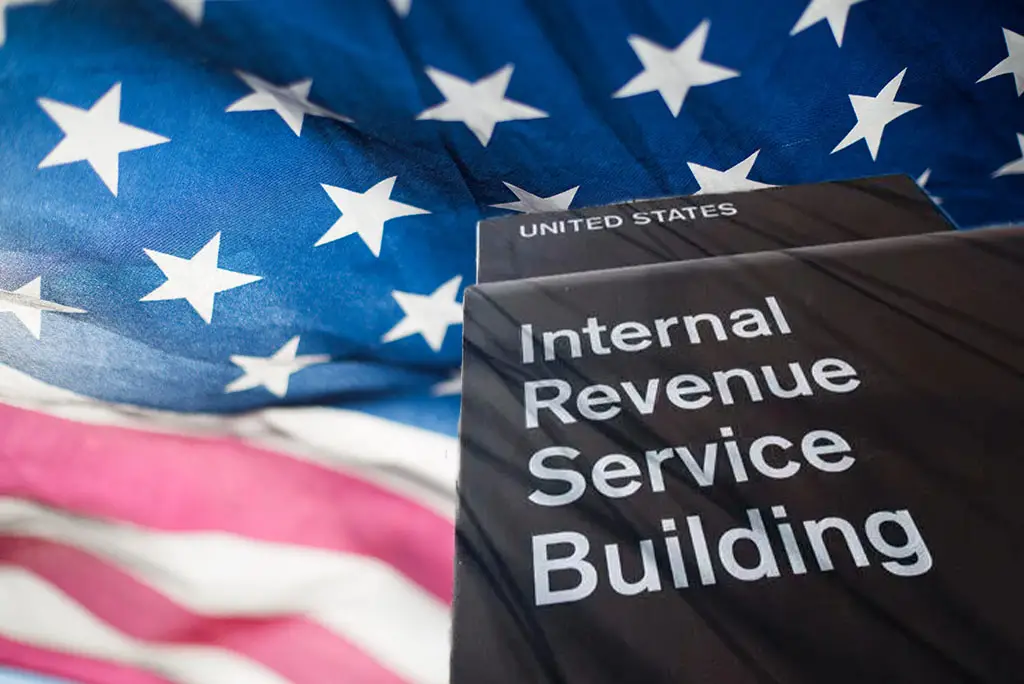The recent tentative deal to raise the debt ceiling limit in the United States has sparked discussions surrounding IRS budget cuts and their potential implications.
The bipartisan bill, unveiled by House Speaker Kevin McCarthy and President Joe Biden, includes nearly $1.4 billion rescission from the allocated IRS funding.
Additionally, according to the White House, a separate agreement would repurpose $20 billion of IRS funding for fiscal years 2024 and 2025.
The original $80 billion IRS funding, enacted last August to boost taxpayer service, technology, and enforcement, has been a contentious political issue.
However, White House officials clarified that the budget cuts are not expected to significantly impact the agency’s near-term plans, given the 10-year timeline for the original funding.
Nevertheless, concerns have been raised that the additional agency funding may run out faster due to these cuts.
Impact of the debt ceiling deal
Despite the reduction, it is important to note that the IRS still experiences a substantial funding increase compared to the baseline, as Alex Muresianu, a policy analyst at the Tax Foundation, highlights.
The agency prioritizes enhancing taxpayer service, modernizing technology, and addressing the tax gap, particularly among wealthy families and corporations.
Several Republican lawmakers oppose the proposed deal to raise the debt ceiling.
Ron DeSantis, the Governor of Florida and a contender for the Republican presidential nomination in 2024, expresses dissatisfaction with the agreement, stating that it fails to address the country’s fiscal trajectory and may lead to bankruptcy.
Similarly, Representative Chip Roy criticizes the deal, citing concerns about incurring debt in exchange for limited spending freezes and insufficient policy reforms.
In the Senate, Republican Senator Mike Lee joins the opposition to the bill, expressing disappointment with its changes to environmental rules, deeming them “disturbing and profoundly disappointing.”
It is worth noting that Representative Raul Grijalva, a progressive Democrat, also expresses disappointment with the bill’s changes to environmental rules.
This dissent from both sides conflict could present challenges in garnering sufficient support for the bill’s passage. With Democrats holding a narrow majority in the Senate, securing enough votes may be an obstacle.
Support for the deal
However, proponents of the deal remain optimistic about its passage before the United States exhausts its financial resources, projected to occur on June 5th, according to the Treasury Department.
House Republican leader Kevin McCarthy expressed confidence in the package, stating that he is not concerned about its prospects in the committee.
McCarthy predicts that most of his fellow Republicans, who currently control the House with a 222-213 margin, will support the bill.
House Democratic Leader Hakeem Jeffries also expects support from his side, despite the possibility of opposition from some progressive Democrats.
Meanwhile, President Biden is actively engaging in discussions and is contacting lawmakers via telephone. During a press briefing, Biden expressed optimism, stating,
“I feel good about it. We will see how the voting process unfolds.”
In conclusion, the tentative deal to raise the debt ceiling limit in the United States includes IRS budget cuts, stirring debates on the impact of reduced funding. While the cuts may affect the agency’s plans, the IRS still experiences a significant increase in funding compared to the baseline. The voting process will ultimately determine the fate of the bill and its implications for the nation’s finances.
